15 / August / 2024 : 15-20
7 Business Figures Whose Mistakes Are Worth Learning From
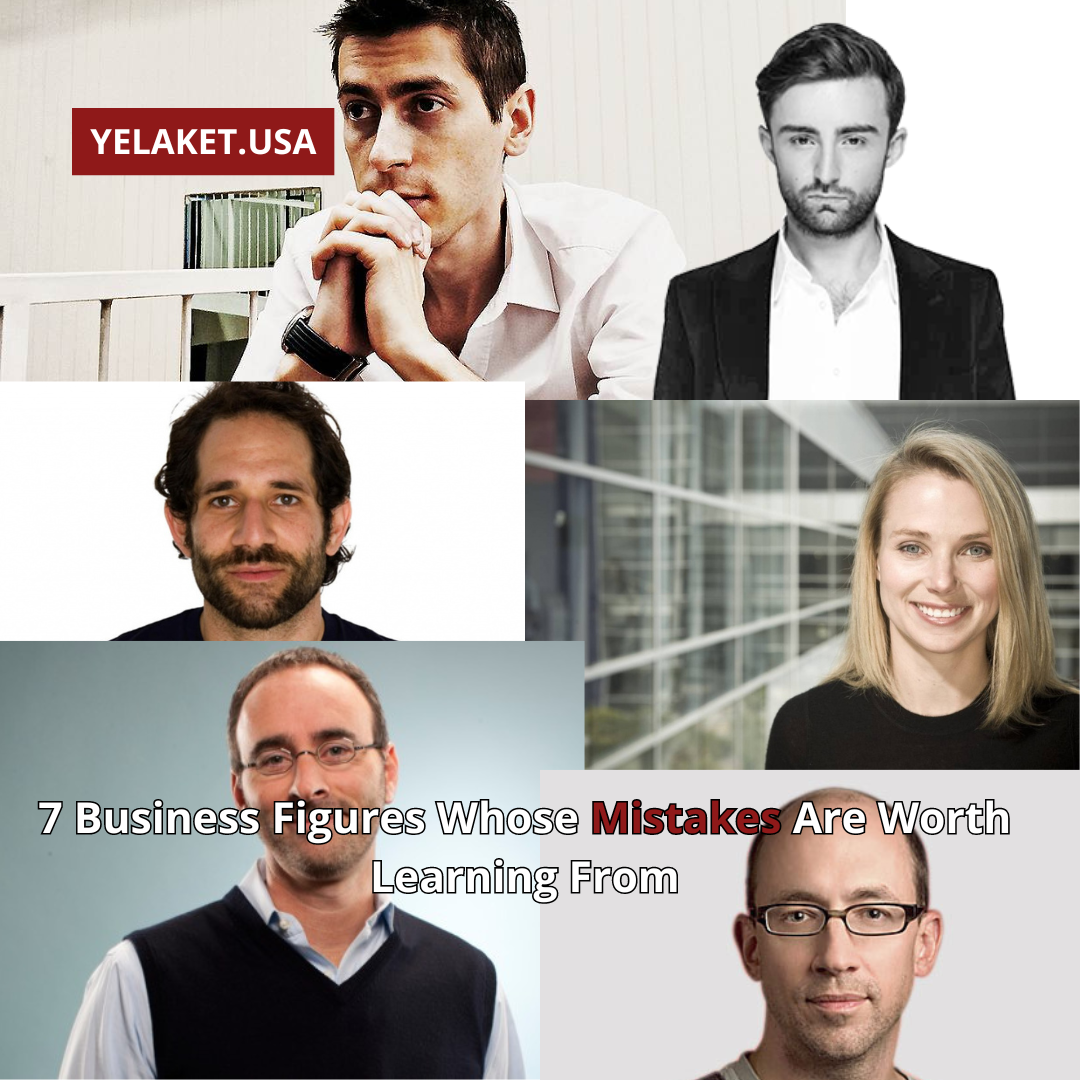 We’ve selected well-known individuals who have permanently made their mark in business history but, for various reasons, lost ground and ultimately ended up with bankrupt companies instead of profitable ventures. This text will show you how credit abuse, lack of planning, megalomania, and poor business models can trap a company. Remember these examples of corporate bankruptcies, but under no circumstances should you replicate them.
We’ve selected well-known individuals who have permanently made their mark in business history but, for various reasons, lost ground and ultimately ended up with bankrupt companies instead of profitable ventures. This text will show you how credit abuse, lack of planning, megalomania, and poor business models can trap a company. Remember these examples of corporate bankruptcies, but under no circumstances should you replicate them.
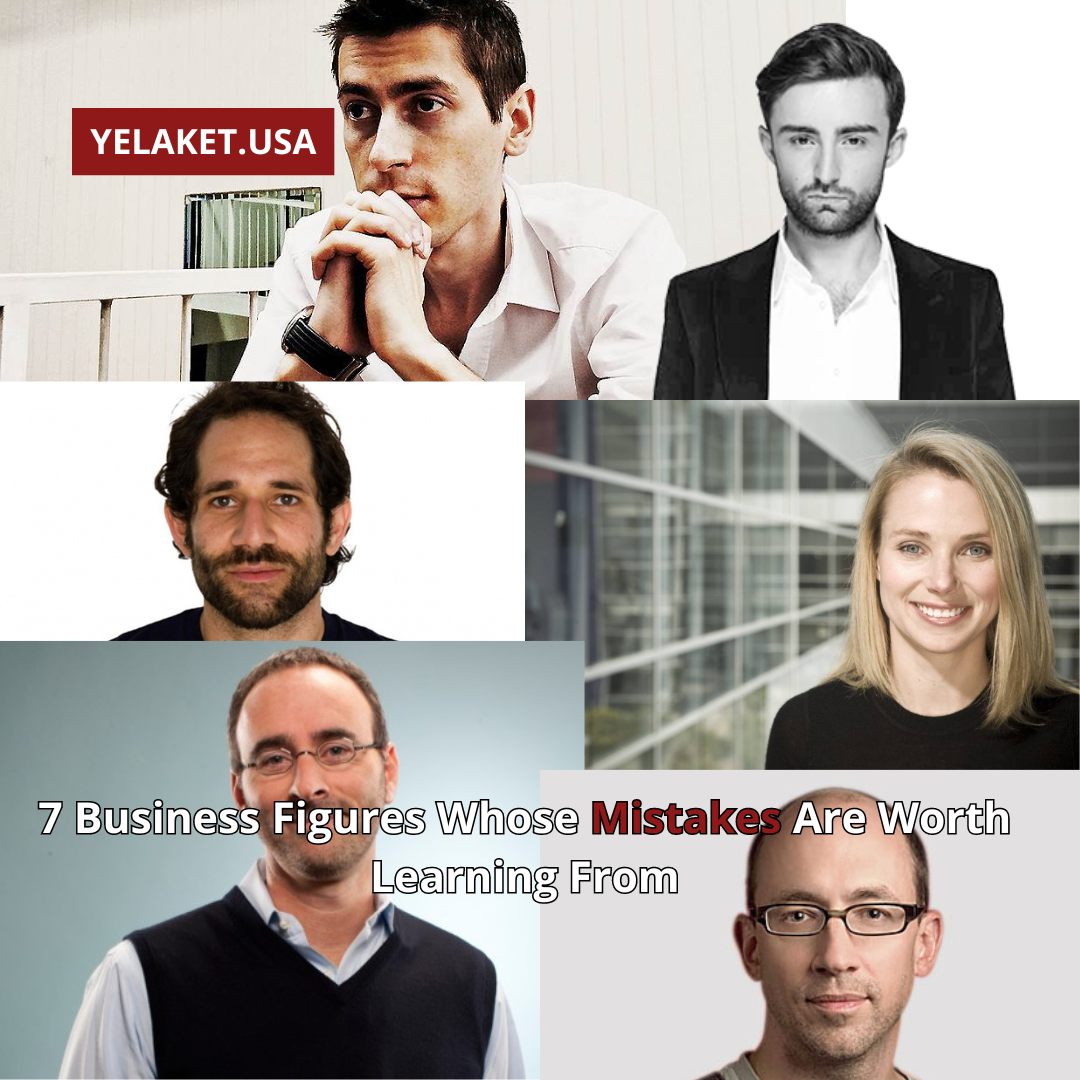
Marissa Mayer, Yahoo
Why on the list: Efforts to restore the company’s former glory were unsuccessful. Marissa Mayer grew up as a shy child, taking ballet and piano lessons, which “taught her discipline and persistence.” Mayer’s career might have taken a different path if she had pursued her initial intention to become a neurosurgeon, but when it came time to enroll at Stanford, she chose to study artificial intelligence instead. At 24, Mayer became Google’s first female engineer and its 20th employee. In 2012, she was listed among the most influential women in the U.S. by Forbes.When Mayer arrived at Yahoo, the company was in decline. The internet giant was losing ground to Facebook, Google, and Amazon in various areas. Mayer wanted to start over. The first thing she did was provide free meals for employees and develop systems to boost motivation. To develop the company, she decided to revitalize Yahoo by acquiring new projects. She initiated a deal with Tumblr, which was also being pursued by Google. In May, Mayer announced that the company wanted to strengthen its position through apps that would top Google Play and the App Store. However, Yahoo’s apps did not become popular like Facebook or WhatsApp. Yahoo’s stock steadily declined. According to internet experts, the company’s capitalization remains at $48 billion only because of its stake in the Chinese internet giant Alibaba. “Everything else is a loss,” concludes a New York Times editor.

Nikolay Zayarny, Eviterra
Why on the list: Created one of Russia’s largest online travel agencies but failed in management. In recent years, Russia experienced a boom in online travel. Foreign services entered the country, and dozens of companies appeared in the market. In 2011, Nikolay Zayarny launched the Eviterra agency, which became popular with users due to its pleasant design and low prices. The business model was to connect users with consolidators who purchased tickets from airlines. Eviterra primarily sold airline tickets through search engines like Skyscanner and Aviasales. According to Zayarny, there was no money for marketing or significant investments, so using search engines to attract an audience seemed the most profitable option.However, the company did not make money from these tickets because to rank high on search engines, it had to lower prices. Eviterra paid the consolidator Avia Center with a 10-day delay. But in November 2013, bookings decreased, and Eviterra could not compensate for the damage adequately. As a result, the debt to Avia Center increased. Before the New Year, Avia Center started recalling tickets. In interviews, Zayarny mentioned that the situation “got out of control,” and he did not know how many people would not be able to fly on purchased tickets, so he preferred not to make any statements. The company struggled to identify which tickets were canceled and tried to keep the conflict out of the public eye. To maintain volume, Eviterra needed to offer very large discounts, which increased the cash gap. According to Avia Center, from December 11 to 27, 2013, the service's debt reached 287 million rubles. Eviterra closed, and Zayarny was declared wanted nationwide.
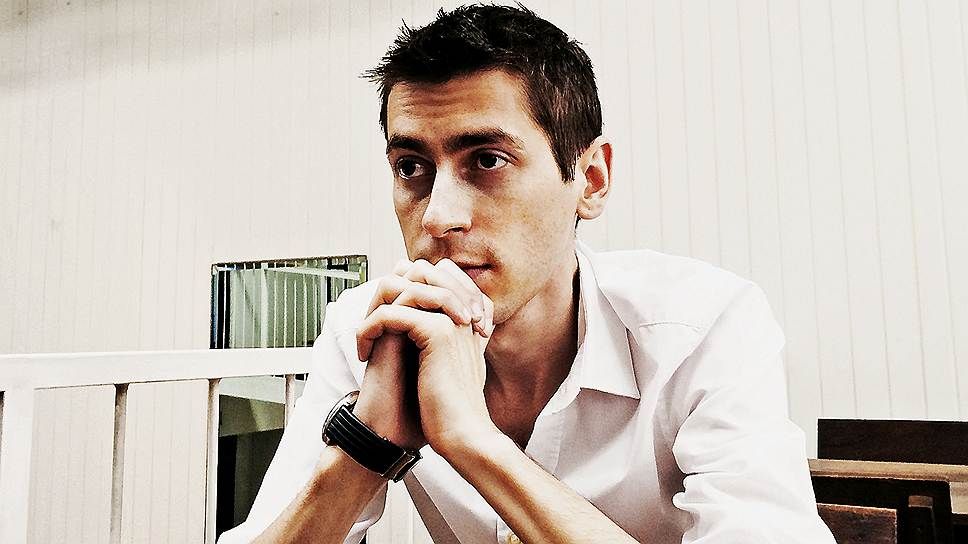
Dick Costolo, Twitter
Why on the list: The gap between Twitter and Facebook is widening unfavorably for the microblog. While Facebook is exploring new forms of monetization and entering new markets, Twitter is focused on experiments. The company’s stock fell by 42% this year, and user growth has slowed — Twitter has 284 million users compared to Facebook’s 1.4 billion.Costolo has led the company since 2010, but he still lacks a global vision for how it will capture the audience. “This suits young projects that have just found their winning formula but is difficult for a company that has been public for over a year,” notes the BBC, which included Dick among the five worst CEOs of the year. Shareholders are already discussing a leadership change. PayPal co-founder and investor Peter Thiel has called Twitter a company with “terrible management.”

Dov Charney, American Appare
lWhy on the list: Eccentric antics ceased to benefit the company. The fashion brand was initially built on provocative advertising. Porn stars Lauren Phoenix, Charlotte Stokely, and Faye Reagan posed in the company’s clothes. Most of the bold ideas were initiated personally by Dov. This year, he stayed true to himself and attracted media attention by publishing a video of himself dancing naked. However, while investors once viewed the CEO’s antics as a real way to boost popularity and sales, the company has lost money for the past four years.Since 2010, American Apparel has lost $270 million. Charney, once a charismatic leader, became a source of scandals that negatively impacted the company’s reputation. Additionally, former employees have repeatedly accused Charney of harassment and sued him, resulting in compensation payments. This year, shareholders agreed that Charney was insane and removed him from his position.
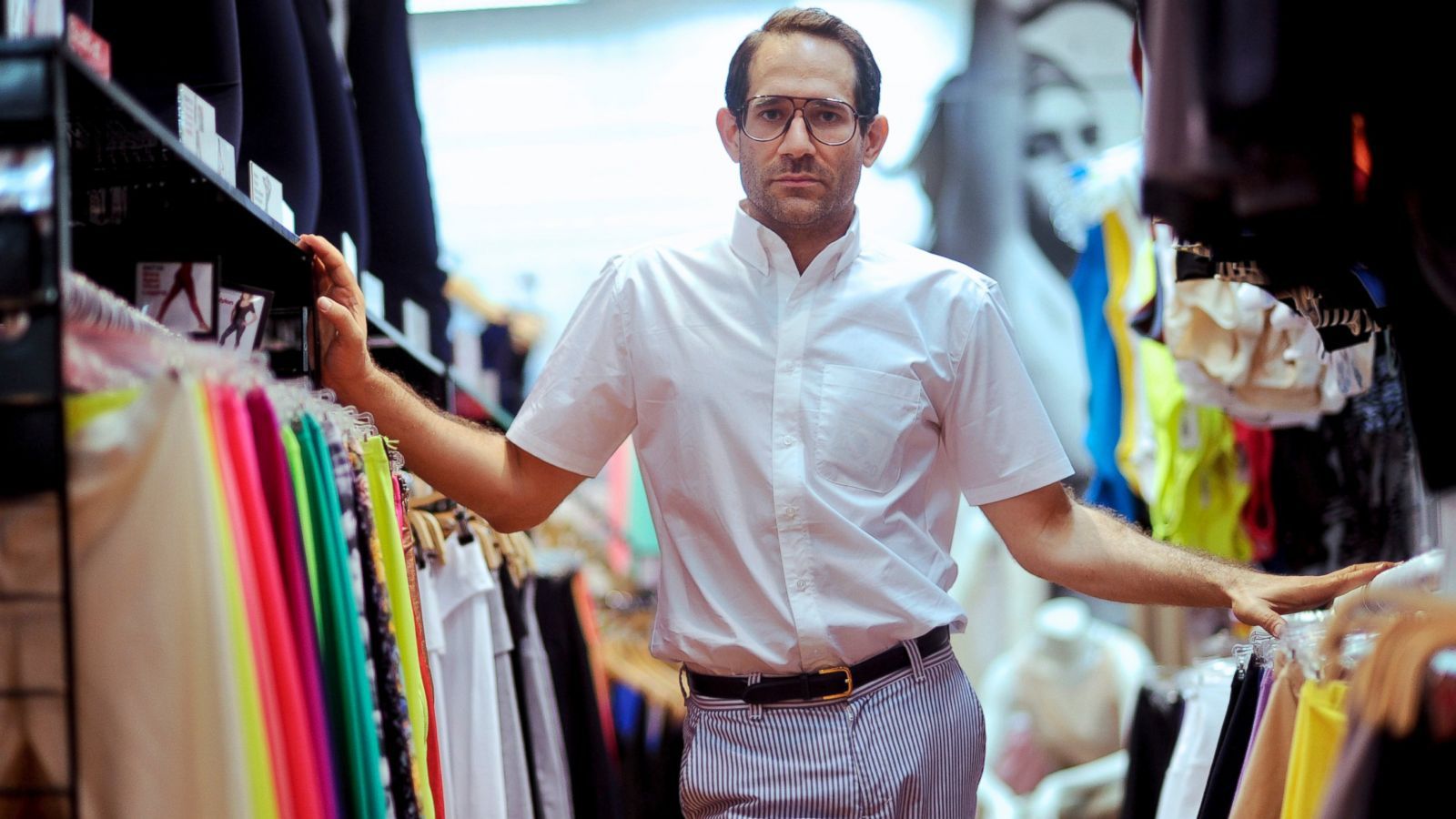
Maxim Nogotkov, Svyaznoy
Why on the list: Financially failed projects jeopardized the company’s existence. For a long time, the main business of the entrepreneur was the Svyaznoy chain of communication salons. But in the 2000s, the company began to accumulate non-core assets. In 2011, Nogotkov launched Enter, a network meant to rival Ozon.ru. He then opened the Nikola-Lenivets park, home to Europe’s largest landscape art exhibition. Nogotkov acquired ticket booking agencies, an entertainment internet portal, an insurance company, a city government communication project, and other assets. Managing such diverse projects proved challenging, and the company plunged deeper into debt. A year ago, Svyaznoy Bank became a leader in overdue loans, accounting for over 25%. The company’s debt reached a billion dollars. In November, Nogotkov lost most of his business, transferring 90% of the shares to Oneksim and the Prosperity Fund. New investors acquired several thousand Svyaznoy salons and the Enter online retailer for a symbolic ruble.
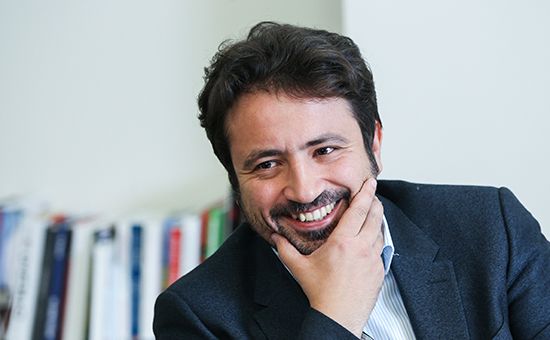
Alexey Ostroukhov, Dream Industries
Why on the list: The ambitious entrepreneur aimed to be Steve Jobs but nearly ruined the company. Alexey Ostroukhov founded Dream Industries with his British friend Simon Dunlop. They aimed to create a dream — a slice of Europe in gloomy Russia, where creative spaces and design factories were nonexistent at the time. The company’s first project was the music service Zvooq, allowing users to legally listen to audio recordings online. They then acquired the informational project “Theories and Practices” and the book-reading service Bookmate. The company attracted programmers from America and paid significant attention to corporate culture. Dream Industries employed a chef preparing vegetarian meals and a motivational coach. Everything changed when Dream Industries’ investments ran out. Finding new investors was difficult, and projects barely generated revenue. Entrepreneur Dmitry Kostygin (of “Wild Orchid” network and “Yulmart” online store) agreed to invest. When it was time to present financial results, it turned out Dream Industries had made no progress. Many employees admitted that the CEO’s tough nature made him impossible to work with. The founders of “Theories and Practices” and Bookmate exited Dream Industries amid scandal. As a result, shareholders decided to remove Ostroukhov as CEO, which Alexey himself termed a hostile takeover.

Eric Lefkofsky, Groupon
Why on the list: The company’s stock has lost about half its value since the beginning of the year, with no progress being made. Groupon executed the largest IPO at the time and became the fastest-growing internet company in the world. However, immediately after the stock offering, the coupon service was predicted to face an early demise. Groupon’s stock fell by 82% in two years and only rebounded slightly when investors announced the firing of CEO Andrew Mason in 2013. Eric Lefkofsky, one of the co-founders, was appointed as his replacement. However, under his leadership, the company also failed to achieve significant success. The problem lies in the business model. Instead of earning from listings on Groupon, its clients lose money by offering large discounts on their products. The creators envisioned Groupon as a marketing support tool — companies offer discounts and, in return, get thousands of loyal customers. In reality, users, after obtaining a cheap product, do not return to buy it at full price. More and more users are unsubscribing from the newsletters through which Groupon announces new deals. Lefkofsky still struggles to retain subscribers. In 2014, Groupon’s stock price fell from $11.80 to $7.80.
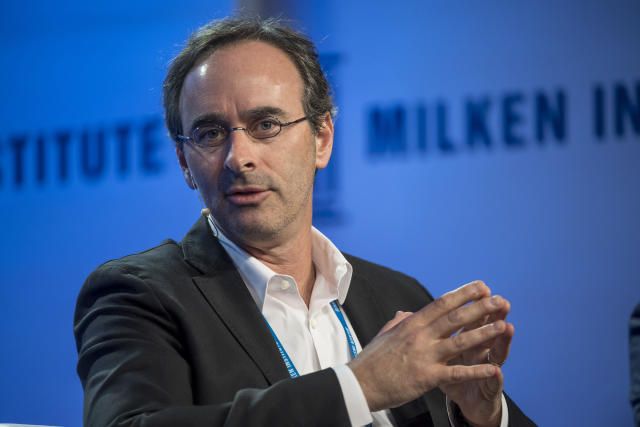

Published on 15 / August / 2024 : 15-20
Published by
Liana Aloyan
Journalist, columnist. Liana studies at the Faculty of Russian Philology of Khachatur Abovyan State University. She has been working at Yelaket (Yelaket.am) news agency since 2019 as a journalist and columnist. Writes articles about business and marketing. Liana is a member of "Media association" since 2020.
Viewed
3682times
Recommended
21 / February / 2020
Where Do The Richest Americans Live?
Have you checked the newest "Forbes 400: The Full List of The Richest People in America" yet?
Surprise, Bill Gates, with a net worth of $81 billion, is ranked No. 1 for the 23rd year running....
17 / June / 2021
Gold loses its shine as Fed hints at rate hikes
The Federal Reserve surprised the market Wednesday with projections that future interest rate hikes will come a bit sooner than expected. Gold bugs in particular were disappointed.The price of gold...
17 / June / 2021
Jobless claims unexpectedly rose last week
Claims for unemployment benefits rose unexpectedly last week, marking the first increase in initial claims since late April.Another 412,000 workers filed for first-time benefits in the week ended...
16 / July / 2021
Abu Dhabi’s maritime sector strategy shifts to diversification, less reliance on oil
“No one is safe, unless everyone is safe” is the thinking behind herculean efforts to immunise the world against Covid-19.Abu Dhabi, capital of the United Arab Emirates (UAE) and a strategic hub...
15 / February / 2022
Ameriabank is the first in Armenia to place green bonds via public offering
Ameriabank announced today public placement of nominal, coupon, book-entry bonds with the total volume of USD 8 million and AMD 3 billion during the period from February 14 to April 22, 2022,...
22 / February / 2022
Ameriabank receives another IFC award in trade-finance sector
Ameriabank CJSC has been named the Best Issuing Bank in the Caucasus for 2021 by International Financial Corporation (IFC), a member of the World Bank Group, in the 10th annual award ceremony in...
02 / March / 2022
Global Finance Names Ameriabank “Best Investment Bank” in Armenia
Global Finance reputable magazine has published the list of winners of the World’s Best Investment Banks 2022 Award, naming Ameriabank the “Best Investment Bank in Armenia” for the seventh year in...
31 / March / 2022
Ameriabank’s ‘Live Armenian,’ ‘Live with a Smile,’ ‘Live Limitless’ promotional draws’ winners...
Ameriabank on Wednesday summed up the promotional draws “Live Armenian”, “Live with a Smile” and “Live Limitless” and announced the results.From December 9, 2021 to March 9, 2022, the Bank offered...









